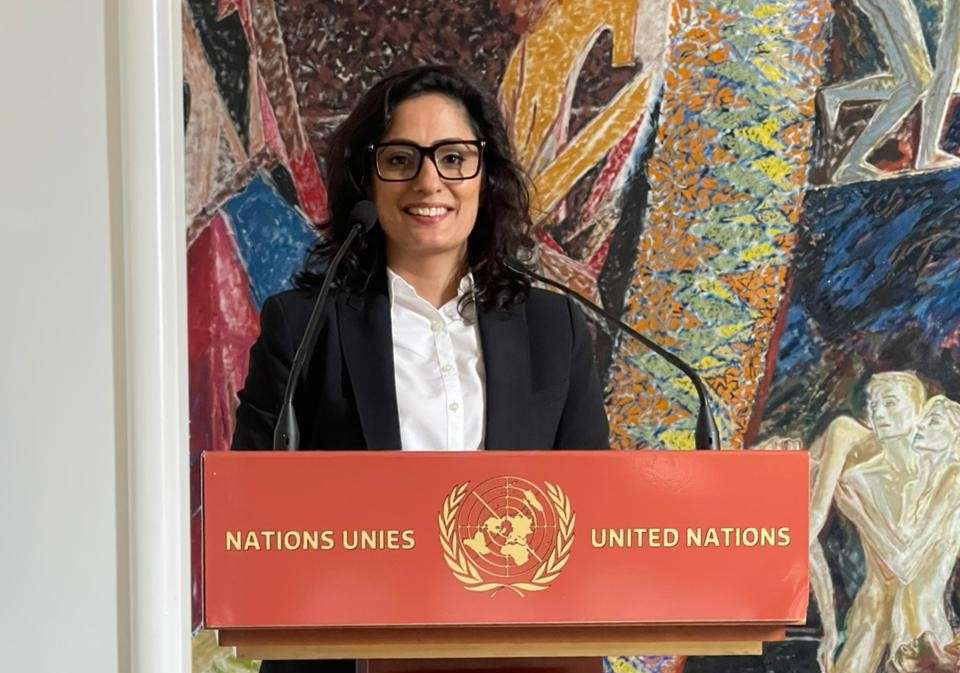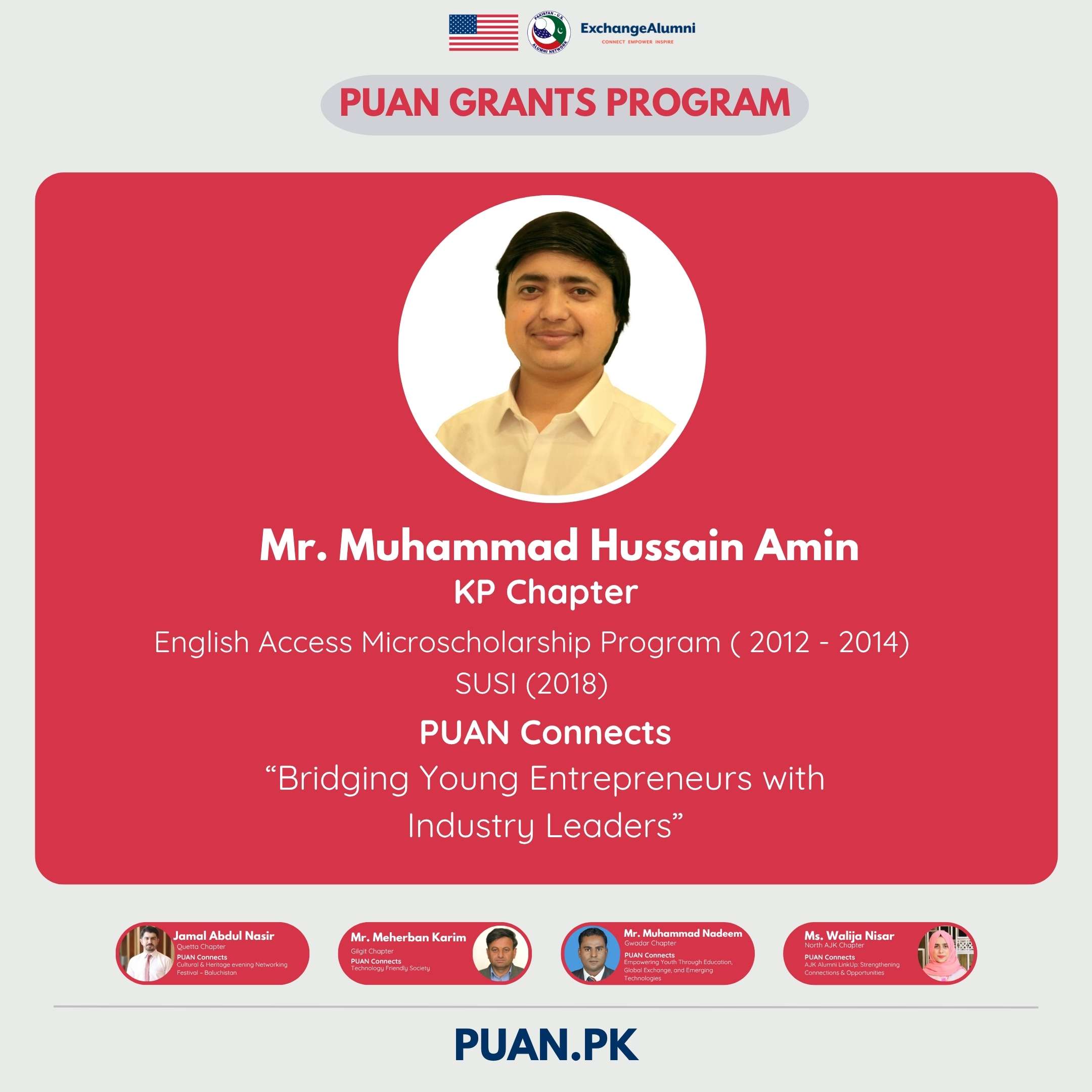We are incredibly proud to share that our alumnus, Qazi Fazli Azeem, has been interviewed by Mobility International USA for their latest magazine edition. In this insightful interview, Qazi reflects on his transformative journey through the Fulbright Program and his ongoing work at the intersection of design, neurodiversity, and higher education.
From Struggles to Advocacy: The Beginning of a Journey
Qazi’s journey began with a deeply personal struggle. Diagnosed with autism at 25, Qazi faced significant sensory challenges that affected his daily life. But rather than seeing these challenges as obstacles, he embraced them as a motivation to make a difference. As the first openly autistic self-advocate in Pakistan, Qazi was determined to raise awareness about autism in his country, where such topics were often stigmatized and misunderstood. His quest for knowledge brought him to the United States, where he pursued a Master of Fine Arts in Design through the Fulbright Program, with the goal of broadening his understanding of inclusive design practices and learning from educators and advocates who had inspired him throughout his life.
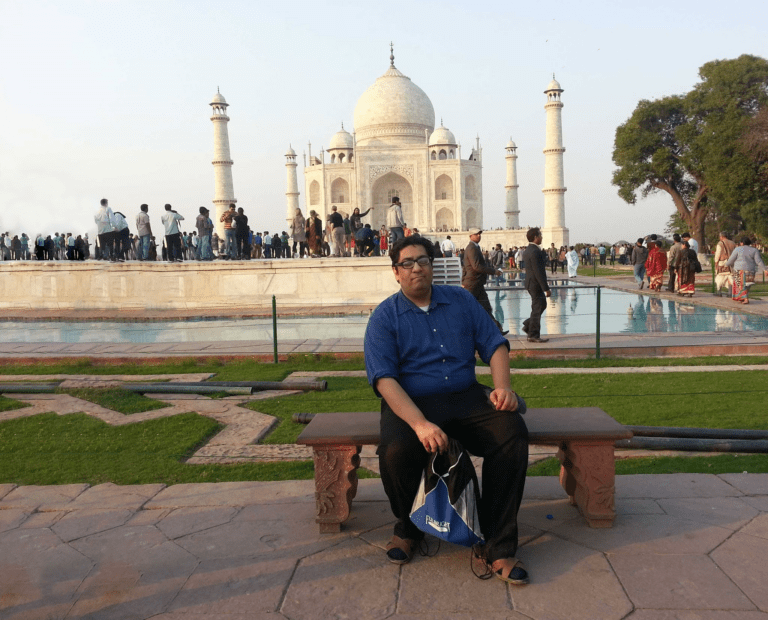
Embracing the Fulbright Experience
During his time in the U.S., Qazi’s experience was nothing short of transformative. Studying at the Massachusetts College of Art and Design in Boston, he explored the principles of user experience design, interaction design, and universal design, fields that were new to him but deeply aligned with his passion for neurodiversity. This academic freedom allowed Qazi to take risks, experiment with new ideas, and find innovative solutions for making design more inclusive for individuals with autism.
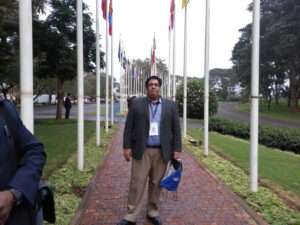
In addition to his academic achievements, Qazi also had the opportunity to connect with key leaders in the field, such as Lynda Weinman of Lynda.com and Sal Khan of Khan Academy. His conversations with these visionaries influenced his research and ultimately led to his design thesis, which focused on creating inclusive interfaces for learners on the autism spectrum. Qazi’s groundbreaking work was further recognized when he presented a mobile learning app prototype at the White House’s Education Datapalooza, cementing his place as a leader in both design and neurodiversity.
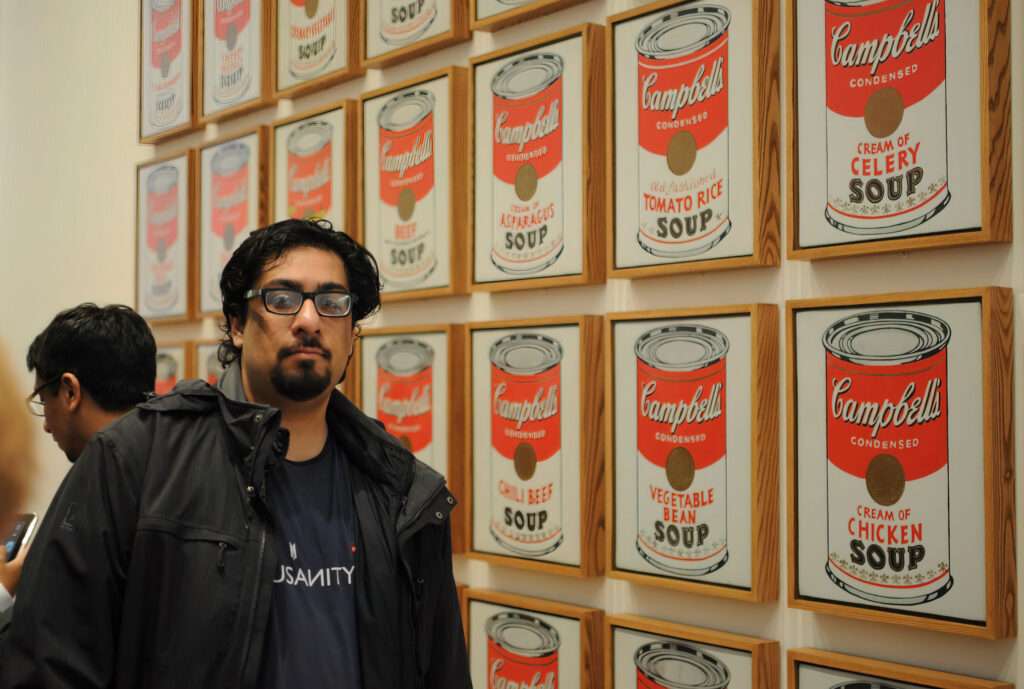
A Commitment to Change: Creating Impact in Pakistan
After completing his studies, Qazi returned to Pakistan, where he continued to champion the cause of autism awareness and neurodiversity. His contributions to inclusive design helped pave the way for the establishment of autism centers across the country, and his leadership at the Karachi Institute of Technology and Entrepreneurship was instrumental in launching Pakistan’s first Bachelor of Design program. Qazi also played a vital role in shaping disability accommodations at SZABIST University, advocating for accessibility and inclusivity on campus.
His commitment to creating a more inclusive society extended beyond education and academia. Through his work with the disability community in Pakistan, he helped standardize wheelchair-accessible buildings, ensuring that public spaces were more accessible for people with disabilities.
A Vision for the Future
Qazi’s work at the intersection of design, neurodiversity, and higher education continues to inspire and create real change. He remains dedicated to breaking down barriers and making the world a more inclusive place for individuals on the autism spectrum. His story is a reminder that, with determination and passion, we can all make a difference in our communities.
We are thrilled to see Qazi’s continued success and are proud to see him featured in Mobility International USA’s magazine, where his insights and experiences are shared with a global audience. His journey is a testament to the power of education, advocacy, and the belief that everyone deserves the opportunity to thrive.
Read more about Qazi’s Fulbright experience and his work on the Mobility International USA website.
#NeurodiversityAdvocate #InclusiveDesign #FulbrightExperience #AutismAwareness #HigherEducation #ProudAlumni



